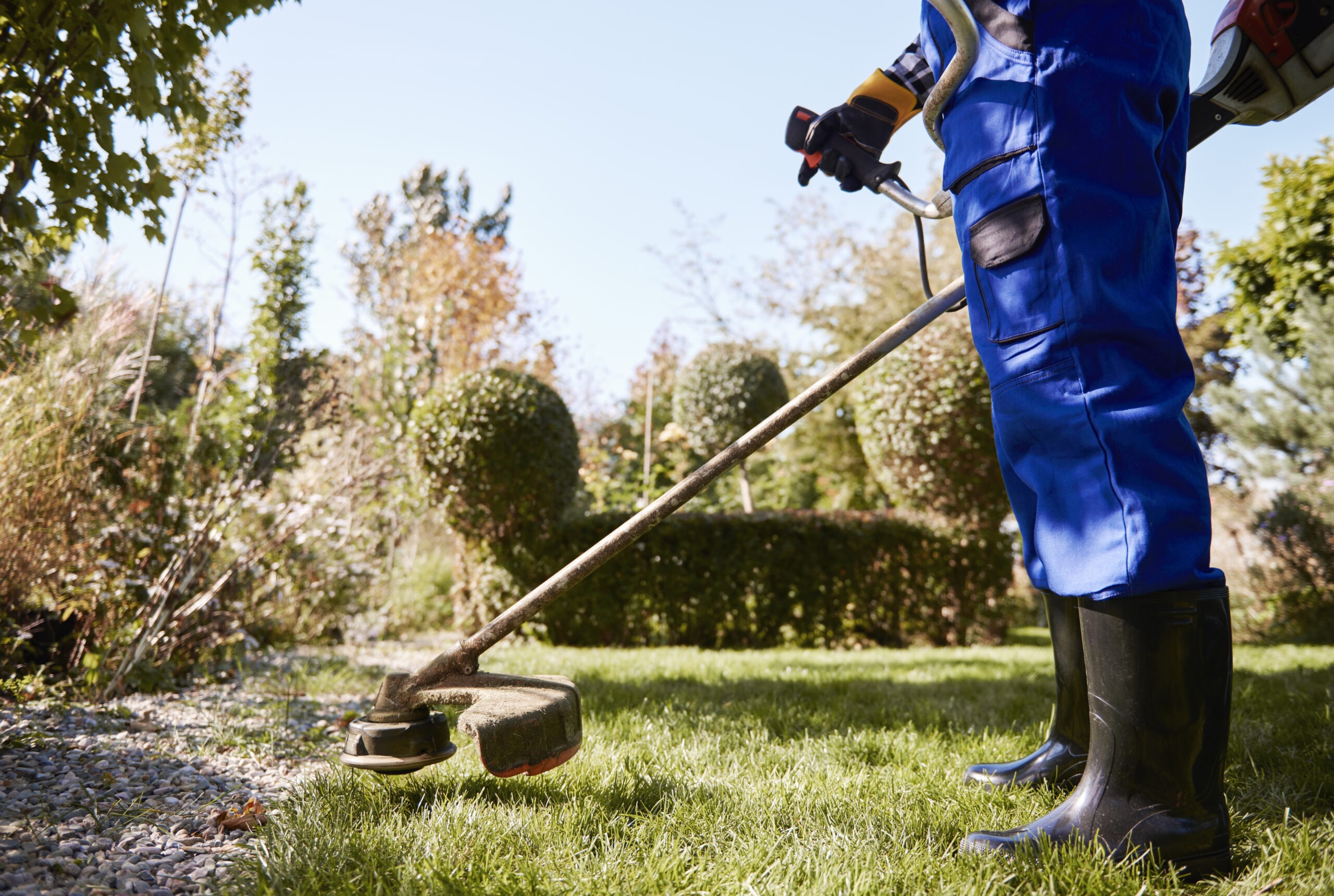Two months is about how long it takes to fully train new wildfire fighters, according to Sebastian Kallos, chairperson of the B.C. General Employees’ Union (BCGEU) Local 2003, which represents many staff with the B.C. Wildfire Service (BCWS).
But this year, by the time of the annual firefighter intake in May, Kallos says out-of-control wildfires had already sparked — and have been burning ever since.
“Those people are basically going out without time to adjust to the job — without some critical experience they would otherwise get, if the fire season had not started so early,” he told CBC News, noting that while new recruits trained as much as they could, new fires kept cropping up throughout June, which kept them from “recovering” training time.
“There are huge retention issues and crew leaders that haven’t experienced highly stressful environments have no choice but to go out there, soon after they’re hired,” he said. “Essentially, it’s a sink-or-swim situation.”
For years, B.C. has relied on seasonal workers — many of whom are university students — to fight wildfires, but as wildfire seasons begin earlier and are prolonged due to the effects of climate change, some say there needs to be more effort to retain experienced wildfire fighters.
Kallos argues there is no substitute for being out in the field, and that it takes working through multiple wildfire seasons for a crew member to be considered experienced.
The BCWS said in an email that there are 2,000 firefighters and support staff in total this year — most of whom are seasonal workers trained to fight fires — and 400 full-time staff were on the payroll in 2022.
Crew turnover has been around 15 per cent on average per year, over the last seven years, the BCWS said
Usually, the service begins recruiting for the summer wildfire season in November, with large-scale boot camps for new recruits in April and May. Wildfire seasons traditionally begin at the end of June and early July — but in recent years, they have started much earlier.
That is part of the impetus for the wildfire service to begin moving to a year-round service — something the BCGEU has been advocating for years — with the BCWS saying they’re trying to reduce turnover by offering more seasonal workers full-time jobs and focusing on mental health supports.
Statistics provided by the B.C. Wildfire Service show an average of 217 job vacancies every year since 2017, with 214 vacancies reported so far this year.
Firefighters describe stress
Brenden Mercer, who was a tree feller with the BCWS before he joined the First Nations Emergency Services Society, said a lot of his firefighting colleagues were at university in the fall and winter and turned to fighting wildfires in the summer.
“You get this job and the opportunity in the summer, so you want to make the most of it, get as many hours as you can, work as hard as you can, make friends,” he told Michelle Eliot, host of CBC’s B.C. Today, on July 24.
“But in that process you end up working, sometimes, 14 days on wildfires in a row with only two or three days off.”
BC Today48:43What it’s like working wildfire frontlines; Finances and feminism
Almost 500 wildfires are burning across the province, and they are taking a toll on B.C.’s firefighters. We’re going to hear what it’s like at the front lines. Next, finances and feminism, how can women save up and grow their wealth, amid rising costs and an unequal system?
Kallos says that wildfire fighters are invested in doing a good job and protecting the province, but the working schedule and long hours can take a mental toll — which can contribute to them not joining for another season.
“Some people are probably experiencing some level of post-traumatic stress [disorder] from previous wildfire seasons,” he said.

Wildfire service acknowledges retention issues
David Greer, director of strategic engagement with the BCWS, agreed that the service has had issues with retention and recruiting.
He pointed to initiatives underway to convert seasonal workers to full-time employees, and said 100 workers had already done so this year. The service also hired 340 new firefighting recruits this year.
“We’ve also done a lot in our mental health and physical health programs as well,” he told CBC News.
“We also have new programs for physical health where we have physiotherapists go out to fire camps to treat crew members on the line.”
Greer says the hiring initiatives go along with the push to convert the BCWS into a year-long service, and that the service would continue to evolve and look at things like compensation to attract more full-time firefighters.
Under that plan, much of the work during non-wildfire seasons will be dedicated to activities like fire prevention efforts, prescribed burns and Indigenous fire management.
Bowinn Ma, B.C.’s minister of emergency management and climate readiness, told CBC’s Power and Politics that the province is dealing with ‘unprecedented drought levels’ and that people need to be ready for the impacts of climate change.
B.C. Emergencies Minister Bowinn Ma says there are plans for “significant” changes to the provincial Emergency Program Act in the fall session of the legislature, which is likely to include changes to how the BCWS operates.
“We’re actually bringing in a whole new piece of legislation called the Emergency and Disaster Management Act,” she told CBC’s Power and Politics.
“[It] recognizes the realities of climate change [and] builds in the UN Sendai Framework on disaster risk reduction.
“We have to put more energy into understanding the risks that we’re facing and actually mitigating those impacts before they happen.”













;Resize=(1180))






Discussion about this post